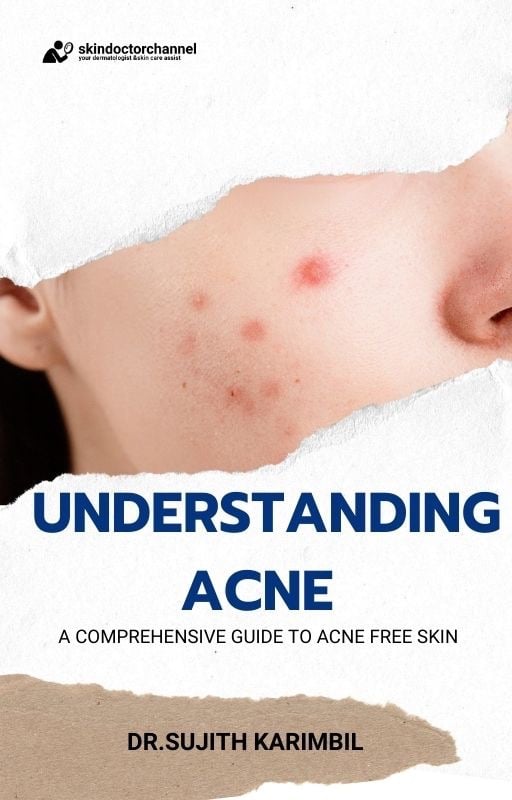"Why Do Older Women Experience Acne Even After Their Teenage Years?"
11/28/20232 min read


Acne is often associated with adolescence, but it can affect individuals of any age, including women in their 30s, 40s, and even 50s. While it may be surprising, the occurrence of acne in older women is not uncommon. In this article, we will explore the causes of acne in women aged 30 to 50, provide preventive tips, and introduce a comprehensive guide on understanding acne authored by Dermatologist Dr. Sujith Karimbil.
Causes of Acne in Older Women
Acne in older women can be attributed to a combination of factors, including hormonal changes, stress, lifestyle choices, and genetics. Hormonal fluctuations, such as those experienced during the menstrual cycle, pregnancy, or perimenopause, can lead to increased sebum production and clogged pores, resulting in acne breakouts.
Stress is another common trigger for acne in women of all ages. When we are under stress, our bodies produce more androgens, which can stimulate the oil glands and lead to acne flare-ups. Additionally, certain lifestyle choices, such as a poor diet, lack of exercise, and inadequate skincare routines, can contribute to the development of acne.
Genetics also play a role in acne susceptibility. If your parents or close relatives had acne, you may be more prone to experiencing it as well.
Preventive Tips
While it may not be possible to prevent acne in older women completely, there are several preventive measures you can take to minimise its occurrence:
Maintain a Healthy Skincare Routine: Cleanse your face twice daily with a gentle cleanser and use non-comedogenic moisturisers and sunscreen.
Eat a Balanced Diet: Include plenty of fruits, vegetables, whole grains, and lean proteins while avoiding excessive consumption of sugary or processed foods.
Manage Stress: Engage in stress-reducing activities such as exercise, meditation, or hobbies that help you relax.
Avoid Touching Your Face: Touching your face can transfer bacteria and oils from your hands onto your skin, potentially leading to breakouts.
Avoid using corticosteroid creams on the face unless advised by a Dermatologist.
Consult a Dermatologist: If over-the-counter treatments do not improve your acne, seek professional advice from a dermatologist who can provide personalized recommendations.
To gain a deeper understanding of acne and its management, I invite you to read the book "Understanding Acne: A Comprehensive Guide" authored by renowned Dermatologist Dr. Sujith Karimbil. This comprehensive guide delves into the causes, treatment options, and preventive measures for acne, providing valuable insights and expert advice.
Dr. Sujith Karimbil's book is available on Kindle, making it easily accessible for those seeking reliable information on managing acne. By reading this book, you will gain a better understanding of your skin, learn effective treatment strategies, and discover ways to improve your overall skin health
Acne can affect women of all ages, including those in their 30s, 40s, and 50s. Understanding the causes of acne in older women, such as hormonal changes, stress, lifestyle choices, and genetics, can help in preventing and managing breakouts. By following a healthy skincare routine, adopting a balanced diet, managing stress, and seeking professional advice when needed, you can minimize the impact of acne on your skin.


